According to the INE, seven out of ten young individuals claim that they are unable to comprehend any English, despite having studied it from the ages of three to sixteen. Many young individuals graduate from high school with a subpar understanding of Shakespeare’s language, although they have been instructed for over a decade.
Gregorio Luri, a philosopher and educator who specialises in the subject, asserts that the notion that enrolling a child in an academy is necessary for them to learn English has become ingrained. Therefore, what is the purpose of English instruction in public schools? Most importantly, how can we improve it?
Initially, the educators concur that there is an issue with language acquisition in public institutions that is already having an impact. “We are witnessing a substantial rise in the number of “English Schools” that exclusively instruct in the English language. Luri elucidates that new ones are perpetually generated.
Conversely, the actuality is that families are increasing their expenditures on private schools, which are referred to as “shadow education,” in order to complete their children’s education. This is as per a report by Esade. The educator asserts that this procedure strikes at the foundation of public institutions.
Separate students by level, rather than by course
The interviewed instructors presented a variety of proposals, each requiring a significant modification to the current model. Ana Hernández, a secondary school English teacher in Valencia, has identified three factors that contribute to the low level of English proficiency in public institutions.
The first is the elevated class ratios. “We endeavour to instruct the entire class in English to facilitate communication among students; however, the number of students is not equivalent.” “Academies have even fewer students, which makes it much easier for each student to engage in practical training and speak for an extended period,” he explains.
The disparities in the student body are the second factor. “Academies organise classes according to their respective levels, which range from A1 to C2.” Students are not categorised according to their age; rather, they are categorised according to their proficiency in English. He asserts that courses are significantly more productive when there are eight students who possess comparable English proficiency levels, and they are capable of engaging in conversation with one another.
Secondary institutions face the opposite scenario. “It is exceedingly challenging to accommodate all 30 students, as their proficiency levels are vastly different.” Hernández clarifies: “In my view, secondary schools should also categorise students by level rather than age.” However, I am aware that this is a complex issue.”
This teacher posits that the third factor contributing to the low level of English proficiency is the escalating prevalence of behavioural issues in classrooms, which is closely associated with the high class sizes of up to 30 students.
The penalty for failing the PISA exam
Not only the INE, but also the PISA report, evidences the inadequate language skills of Valencian students. It broadly asserts that students are unable to engage in a fundamental conversation with another individual in English because this report emphasises life skills over theory.
It is evident that this does not affect all pupils in the same way. Those with the financial means enrol in an academy, while those without it end their education with a lack of proficiency. Luri asserts that bilingualism is no longer a luxury; it is now essential, and this unquestionably results in a social gap. Private alternatives are expanding as a result of the needs that public schools are unable to fulfil: language academies and English schools.
Social class and books in the household
The PISA report establishes a direct correlation between the quantity of books in each student’s home and their cultural, and particularly linguistic proficiency. Luri elaborates, “Consider the occasion when we discuss English.” “We are even observing it in university entrance exams, where young individuals experience difficulty when presented with an English text.”
In order to accomplish this, Luri posits that it is imperative to comprehend that “every teacher is a language teacher.” From the third or fourth grade of primary school, pupils’ educational trajectories diverge, according to the educator. The levels are remarkably similar until that year, at which point they begin to diverge. The cause is the quantity of words and the diversity of sounds that each child encounters. “The environment is indispensable.” An infant who is exposed to 2,600 words per hour is not equivalent to one who is exposed to 600. Over the course of four years, the estimated difference between an impoverished and a rich linguistic environment is 40 million words. This underscores the need for all educators to possess extensive and proficient communication skills. Luri elaborates, “And I am of the opinion that this matter is not taken seriously enough.” Consequently, the language proficiency of pupils in English schools is exceedingly high, he maintains.
Assisting those who are experiencing difficulty
Academies are also capable of assisting students who are experiencing academic stagnation or low achievement levels, a capability that public schools lack. “We have returned to the same point, and this is applicable to any topic.” Families are forced to pay for remedial classes at an academy because the school doesn’t help their child enough.”
Lack of vocabulary is another area that needs to be improved in general, since according to Luri, “for a text to be comprehensible, there must be at most 8% of words that you don’t understand. If it exceeds that 8%, the text becomes incomprehensible because you can’t deduce from the context, and our students are far from that level.”
The causes of this problem are even social and cultural. “One curious thing is that when you travel to Latin America, cartoons and movies in English aren’t translated, which makes their familiarity with the language much higher and their vocabulary much larger,” explains the educator.
Other problems the educator has identified include the lack of foreign language instruction hours both in schools and in the pedagogy faculties where future teachers are trained. “There aren’t enough English class hours per week, the teaching methods aren’t the best, and unfortunately, we don’t have well-trained teachers,” Luri explains. “Obviously, no one goes to work expecting to do poorly—quite the opposite—but they need to receive training.”

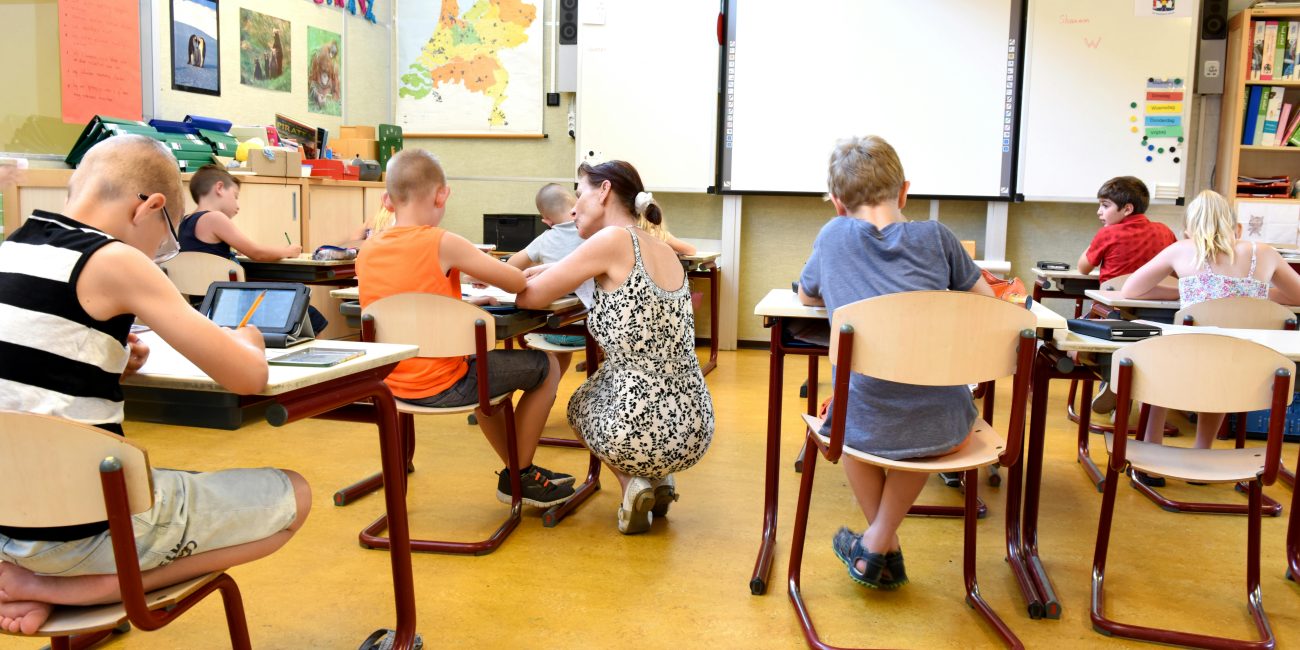
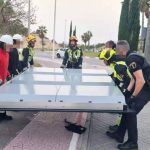

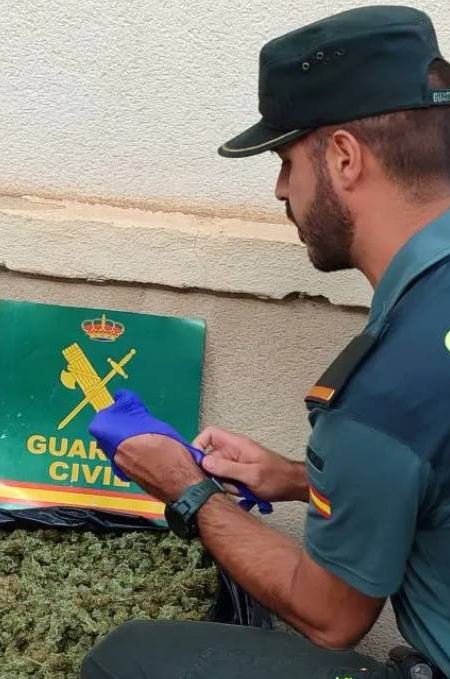
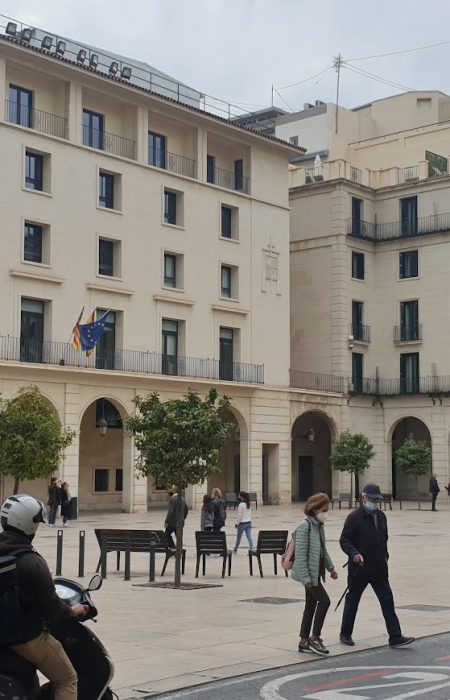
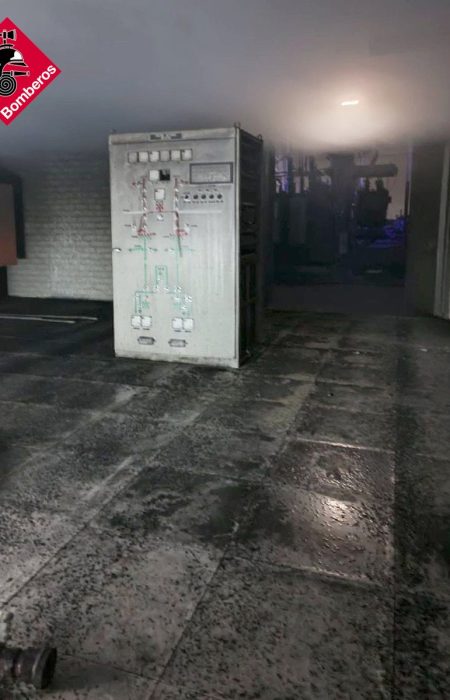
No Comment! Be the first one.